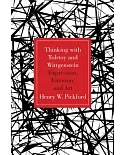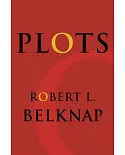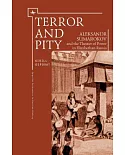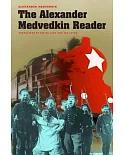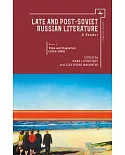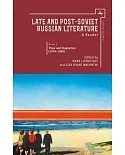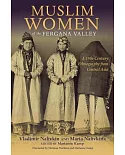Theatres world-wide embrace Chekhov's handful of plays with a fervour second only to Shakespeare's. Whatever their native language or culture, audiences often see themselves in his Russian
characters, making Chekhov seem an author who easily transcends his own culture and time.Nonetheless, students, actors, and audiences alike are often initially puzzled by Chekhov's dramatic
texts. Are they comic or tragic, ironic or sincere, starkly familiar or wilfully elusive? How can his often seemingly irrelevant dialogue create dynamic performances? In his stories and plays
alike, Chekhov challenges his readers to diagnose his characters' desires, opinions, heartaches and joys in the same way that doctors diagnose illness��y attending closely to apparently trivial
details. In the plays��here narrative voice is absent and characters speaks for themselves��eading under a microscope becomes all the more necessary.The expert attention that Carnicke pays to
the performative dimensions of Chekhov's plays makes her book unique among the published guides to Chekhov's works.


